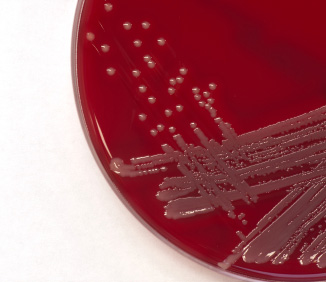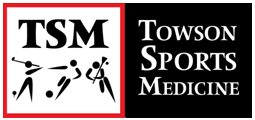 What is MRSA?
What is MRSA?
Staphylococcus aureus:
- Otherwise known as staph.
- Bacteria commonly found on the skin and in the nose of 25-35% of healthy people.
- Usually does not cause illness or infections.
- Instead the person is known as a staph carrier.
Illness or infections occur when:
- Bacteria gets into the body through cuts, abrasions, wounds, or surgical incisions.
- Infections can look like pimples, pustules, or boils.
- Appearance of the infection can be red, swollen, and painful.
- There can be an increase in skin temperature around the site of infections and a possibility of pus or other drainage coming from the infection.
- Not properly referred or taken care of, a more serious infection can cause pneumonia, a bloodstream infection, surgical wound infections or infection of the bones and/or joints.
- Be careful, some pustules or pimples can be confused with insect bites, a previous abrasion or a “common” infection.
Treatment:
- Usually with antibiotics.
- However in some cases, certain strands of staph especially MRSA are resistant to many antibiotics.
- MRSA, otherwise known as methicillin-resistant staphylococcus, is a type of staph that is resistant to antibiotics called beta-lactams, which include methicillin, penicillin and amoxicillin.
Infections caused by MRSA:
- Cause serious damage if not properly treated.
- If the signs and symptoms above continue or get worse, getting to your primary care physician is of utmost importance.
- Can only be identified through microbial testing, which occurs when the doctor takes a sample or specimen of the infection and submits it to a laboratory.
- Testing the sample by using various antibiotics to see if the bacteria are resistant or sensitive to those antibiotics.
- MRSA is treated with the use of one of the following drugs, vancomycin or teicoplanin. Both are administered by either infusion or injection.
Whom does MRSA affect?
- Patients in the hospital.
- Becoming more common in the community setting especially in health clubs, athletes and the physically active.
- People with a deficiency in their immune system (low white cell count) or who are already ill can also be infected.
How is it Spread?
- Close skin-skin contact.
- Openings in the skin (cuts, abrasions, etc.).
- Contaminated items or surfaces.
- Crowded living conditions.
- Poor hygiene.
Prevention:
- Keep wounds covered with clean, dry bandage.
- Clean hands after changing bandage.
- Do Not share towels, clothing, or razors.
- Keep barrier b/w skin and shared equipment.
- Wiping surfaces of equipment before and after use.


